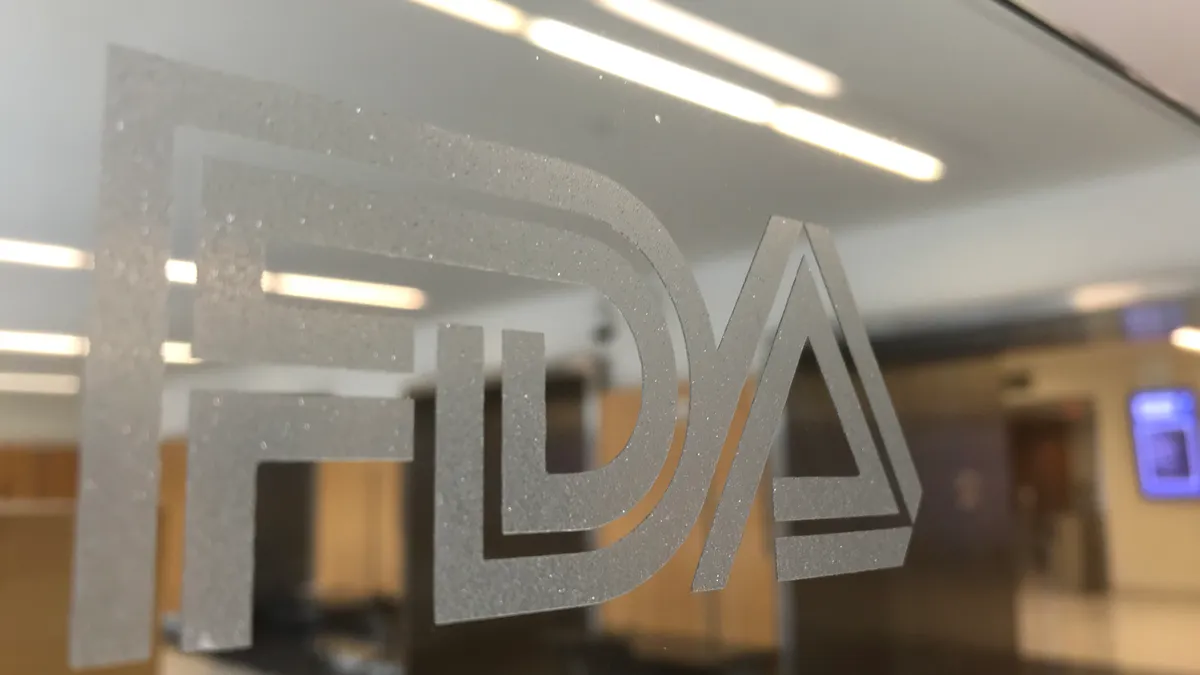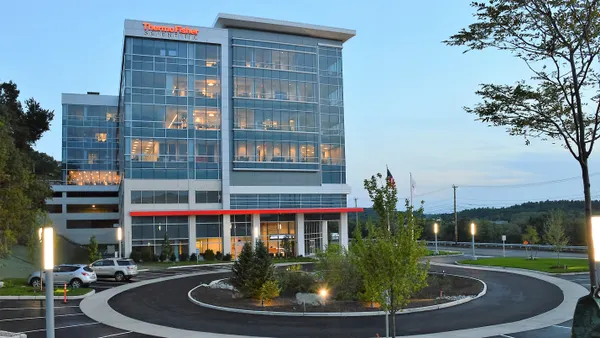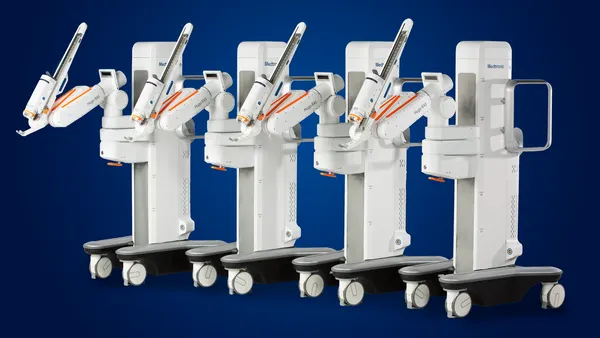Dive Brief:
-
FDA has awarded De Novo marketing authorization to a device meant to help treat patients who develop obstructions after receiving central venous catheters to enable hemodialysis.
-
Bluegrass Vascular Technologies, a San Antonio-based medtech startup, said Tuesday it gained FDA's go ahead for its previously CE-marked Surfacer Inside-Out Access Catheter System.
-
It plans to make the technology available at select U.S. sites in the coming months to add to the revenue it already generates in markets including Europe and Canada.
Dive Insight:
Hemodialysis catheters remain the first intervention received by many kidney failure patients who require renal replacement therapy. The catheters enable patients to receive treatment while waiting for an arteriovenous fistula to mature. However, some patients with a central venous catheter develop obstructions that affect their ability to receive therapy.
Bluegrass contends its Surfacer System can help patients with obstructions and simultaneously reduce healthcare costs. The device enables physicians to gain right-sided central venous access in patients with obstructed veins.
European authorities granted a CE mark for the device in 2016, leading to independent studies of the effectiveness of the approach. A paper published last year showed the Surfacer System established dialysis access in 38 out of the 39 cases performed at sites in Austria, Germany and the U.K. A smaller study run in Paraguay achieved a similar success rate.
Bluegrass ran its own IDE study in Texas to support its submission to the FDA. The primary and secondary endpoints of the trial assessed the safety of the catheter and central venous access. Bluegrass is yet to share full data from the trial but has disclosed that 90% of the 30 patients enrolled in the study met both endpoints. The company reported zero adverse events related to the device.
Those results were achieved in a hard-to-treat population. Bluegrass said most of the patients had three or more obstructed vessels.
The primary and secondary endpoints of the trial tracked patients for seven days, meaning Bluegrass currently lacks data on the longer-term performance of people treated with its Surfacer System. The U.S. De Novo classification gives Bluegrass the chance to start gathering that data in the real world, starting at the “select” U.S. sites it is targeting for the first phase of its rollout of the device. The authorization also establishes the "Reverse central venous recanalization system" device category for potential similar, future clearances.










